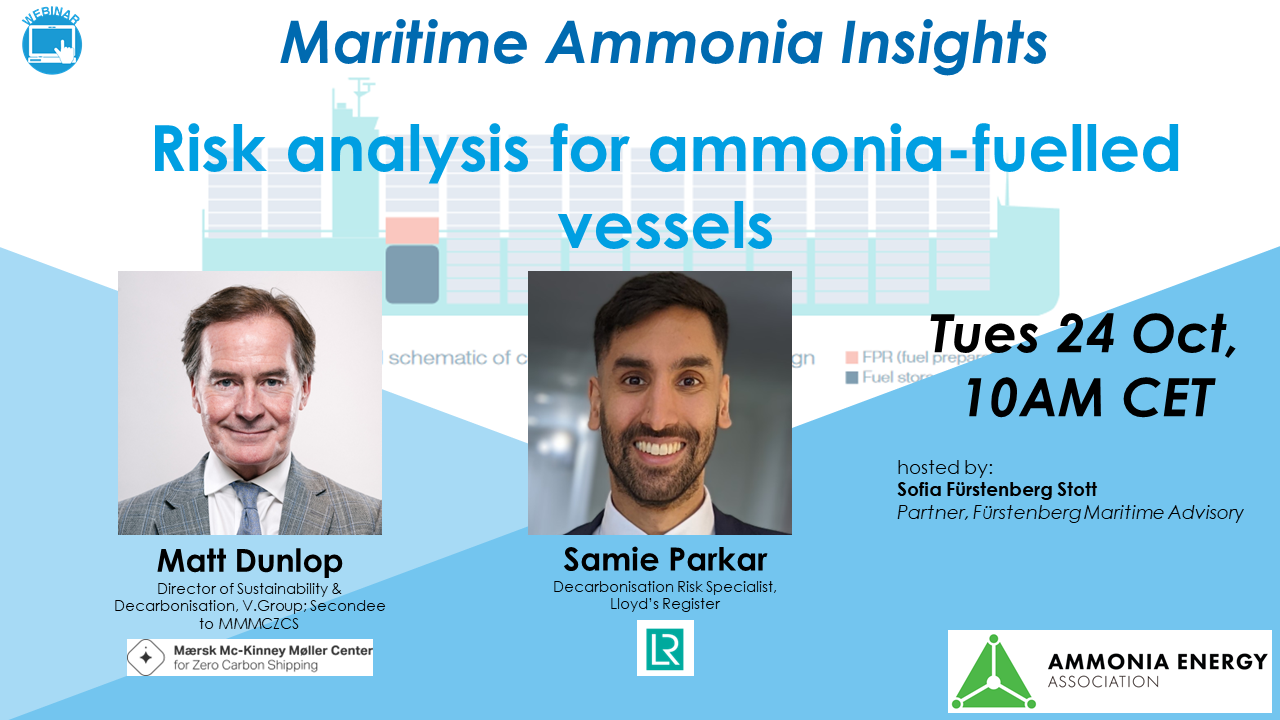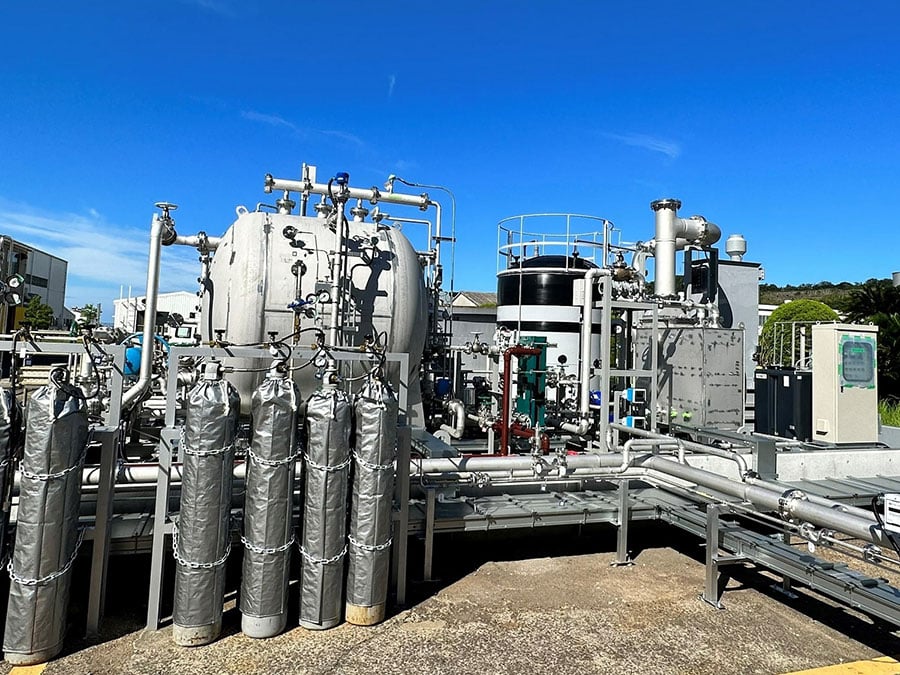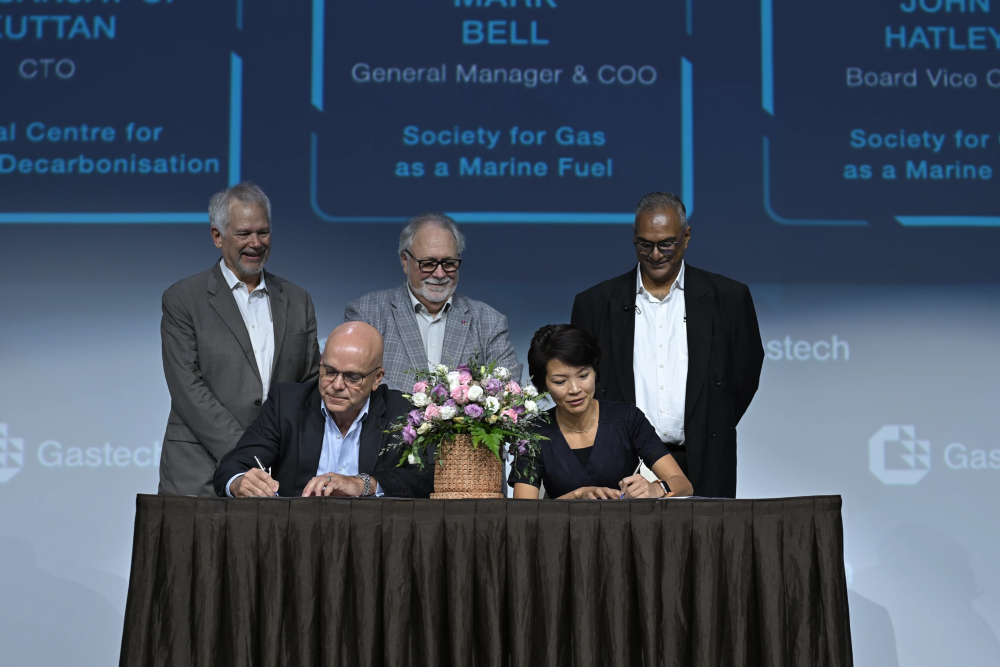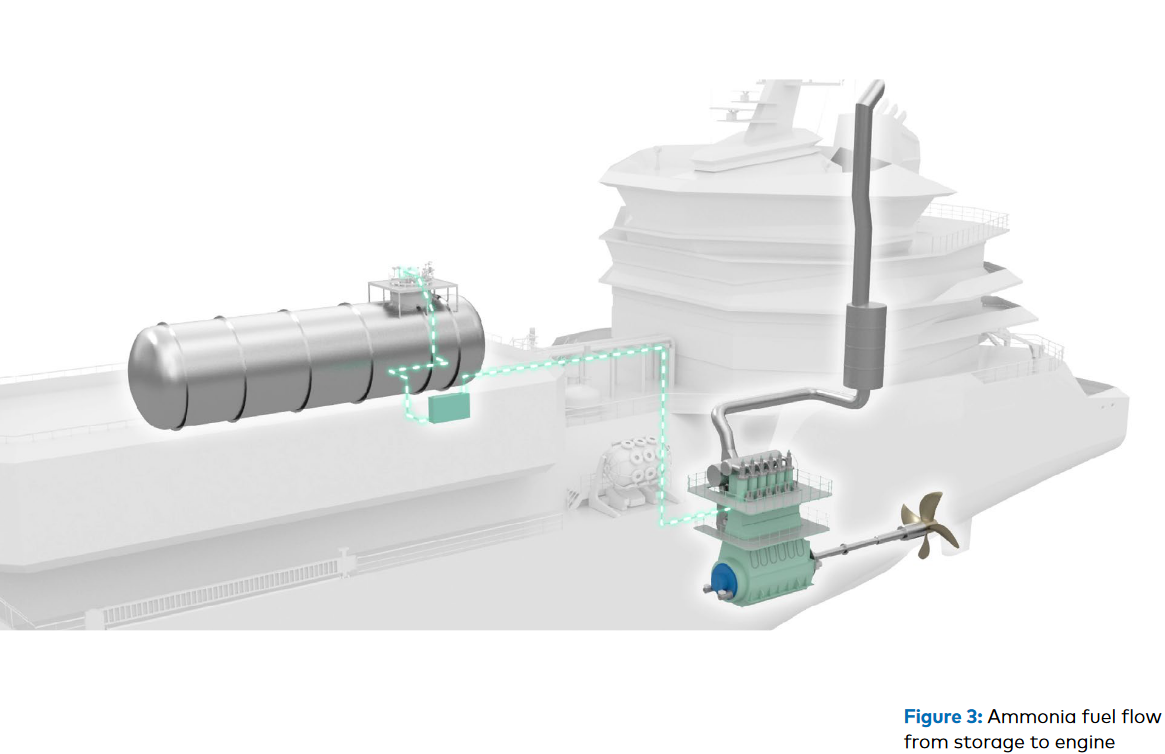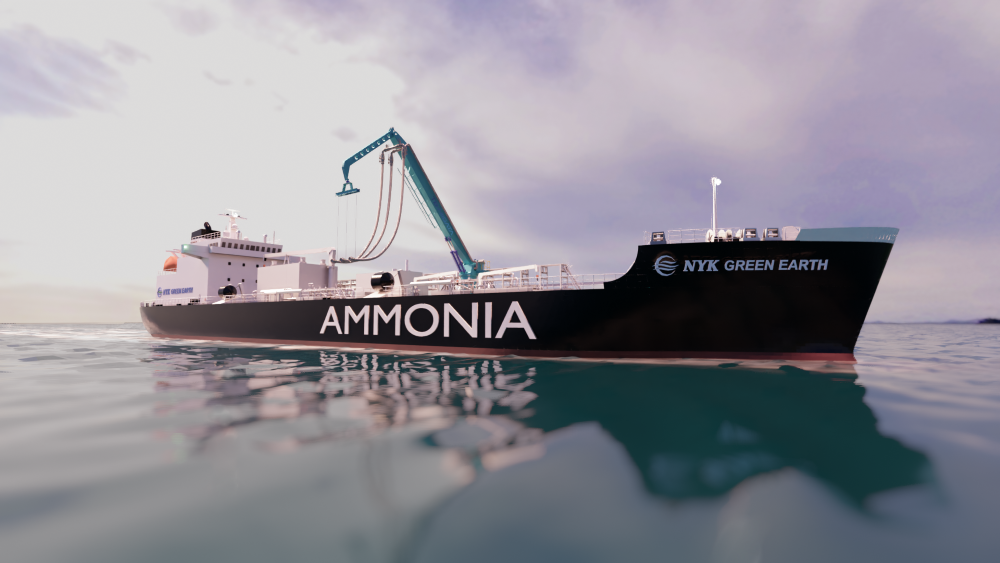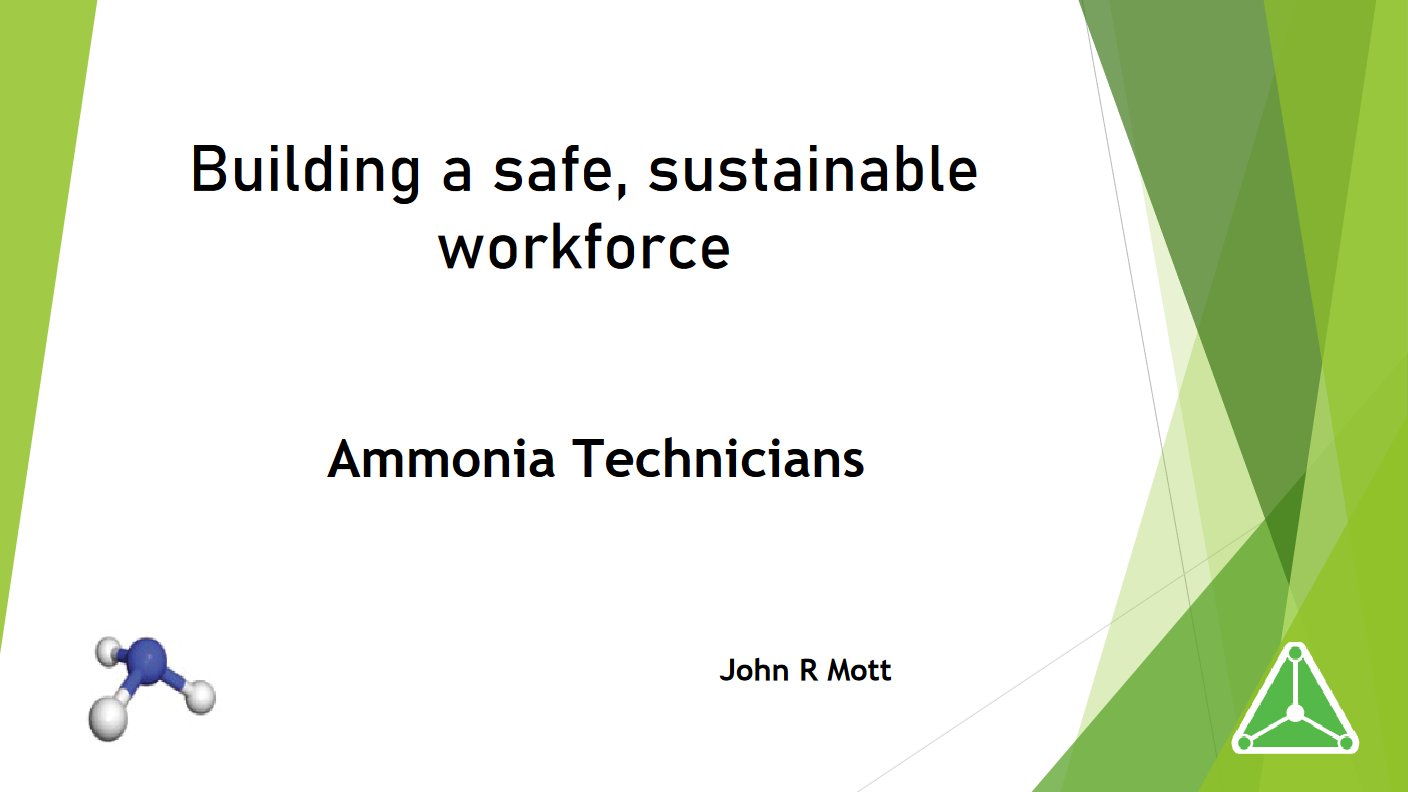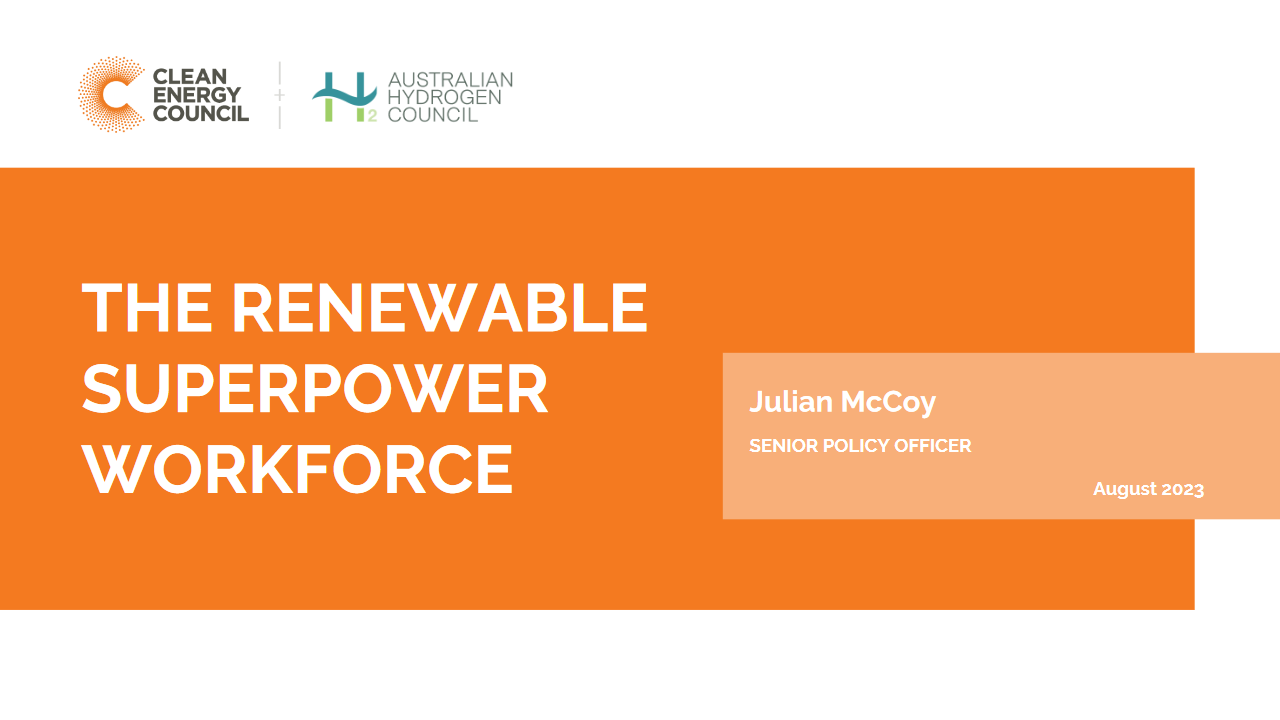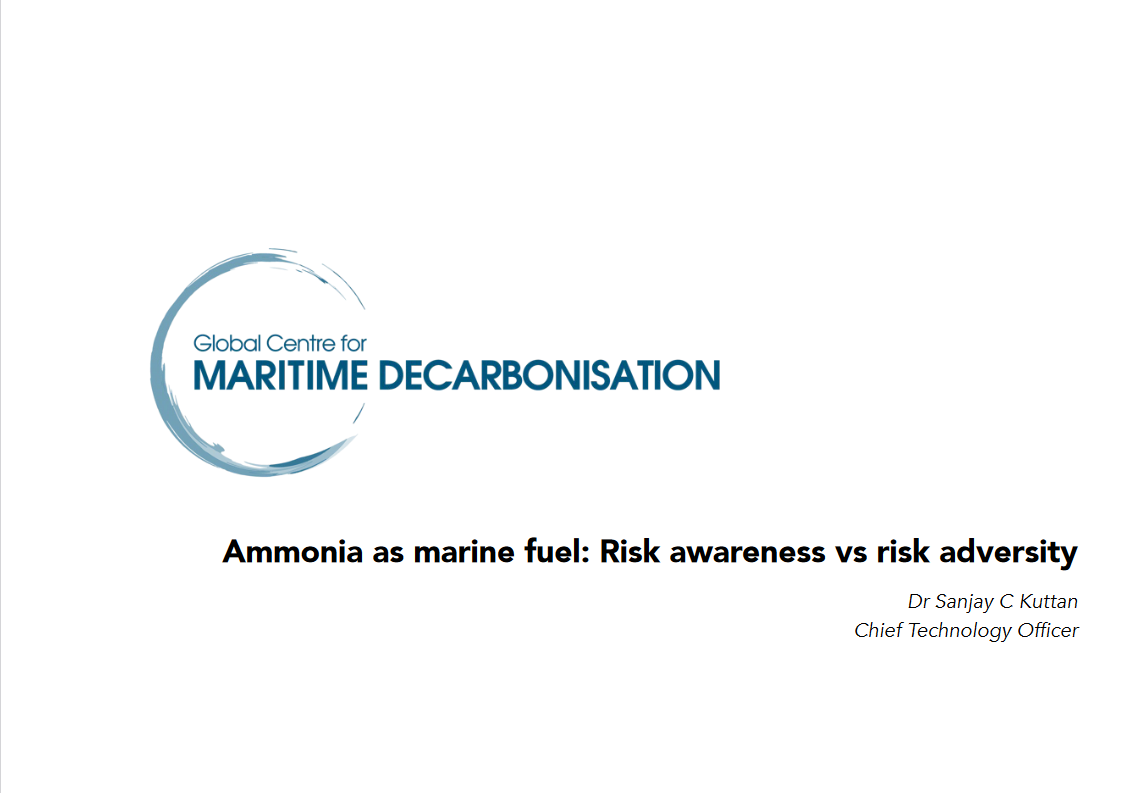Trade mission to Chile: report from the AEA President
AEA President Hans Vrijenhoef recently participated in an official hydrogen trade mission to Chile, addressing the audience at the Santiago Green Hydrogen Summit and securing interest to start planning Chile’s first ammonia-focused event. With a number of key challenges facing ammonia project developers in Latin America and the need to train & educate so many ammonia “newcomers”, 2024 will be the perfect opportunity to bring together all the key stakeholders.

